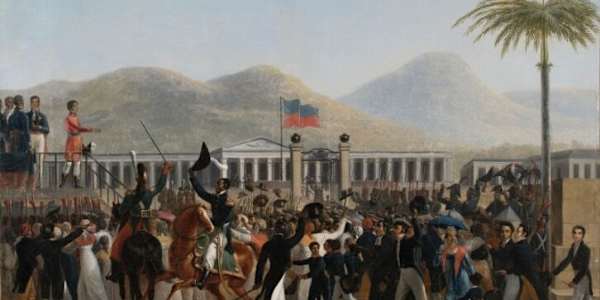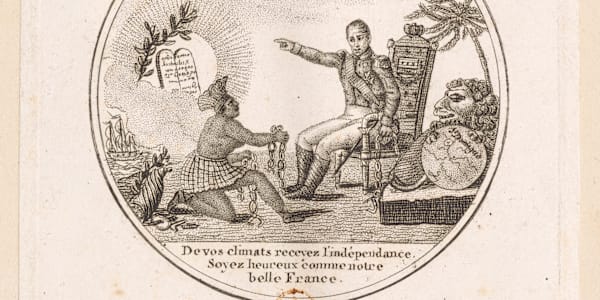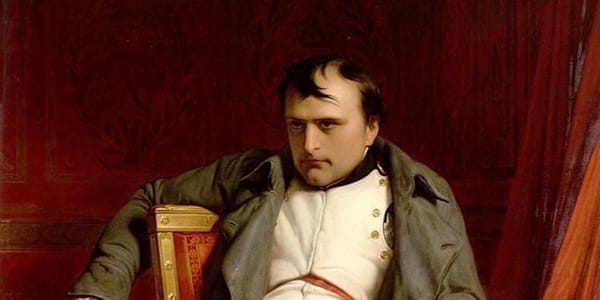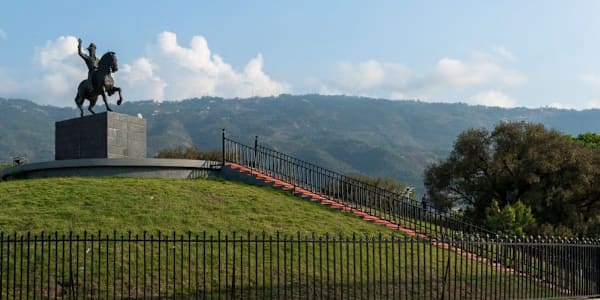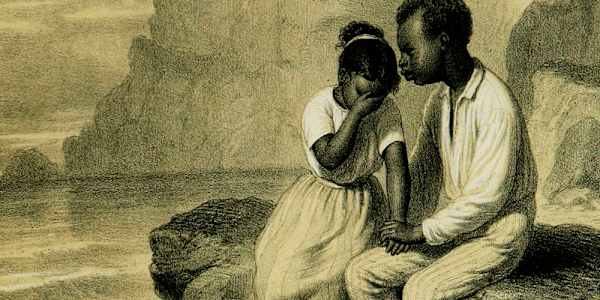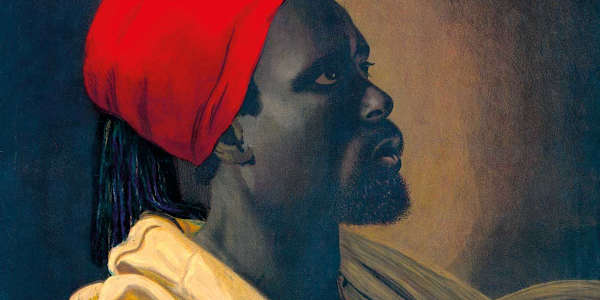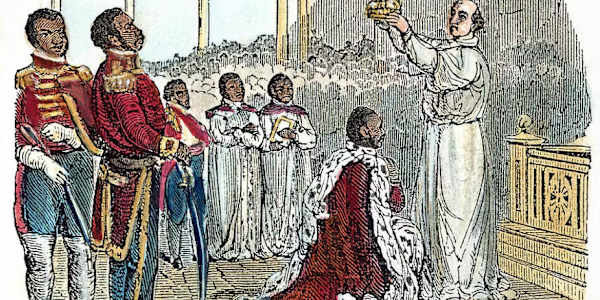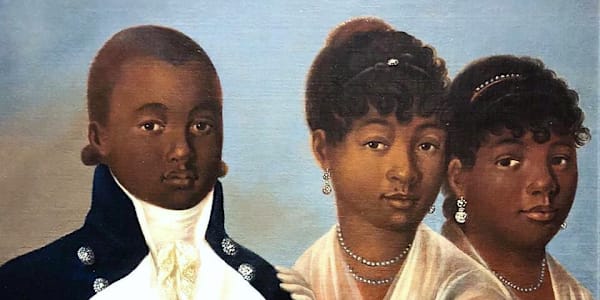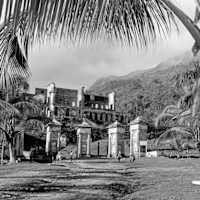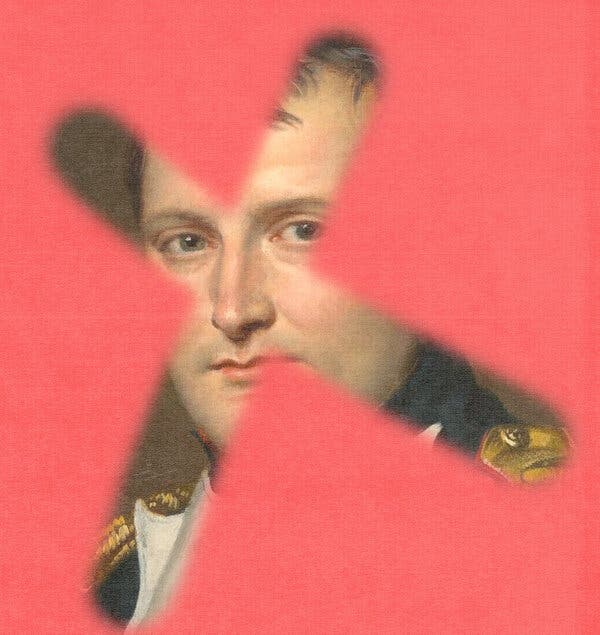Cundill Prize Finalist Marlene L. Daut Recommends Baron de Vastey, Jean Casimir, Louis Joseph Janvier and More
October 20, 2025
After waging a thirteen-year revolution against slavery in the French colony of Saint-Domingue, the island’s Black freedom fighters declared their independence on January 1, 1804. In the country’s first constitution, issued one year later, the newly renamed Haiti subsequently became the first nation in the modern world to permanently abolish slavery. In...
